According to health experts, people's awareness of organ donation registration is still limited, and the number of organ donors is low compared to other countries.
According to health experts, public awareness of organ donation registration is still limited, and the number of organ donors is low compared to other countries.
On March 5, the National Organ Coordination Center coordinated with the Vietnam Association for Organ and Tissue Donation to organize a workshop with the theme: "Strengthening the role of communication and advocacy for organ and tissue donation from donors after death or brain death".
This is an opportunity for experts, managers, and delegates from many health agencies to discuss issues related to organ and tissue donation and transplantation, as well as difficulties and solutions to improve public awareness of this humanitarian act.
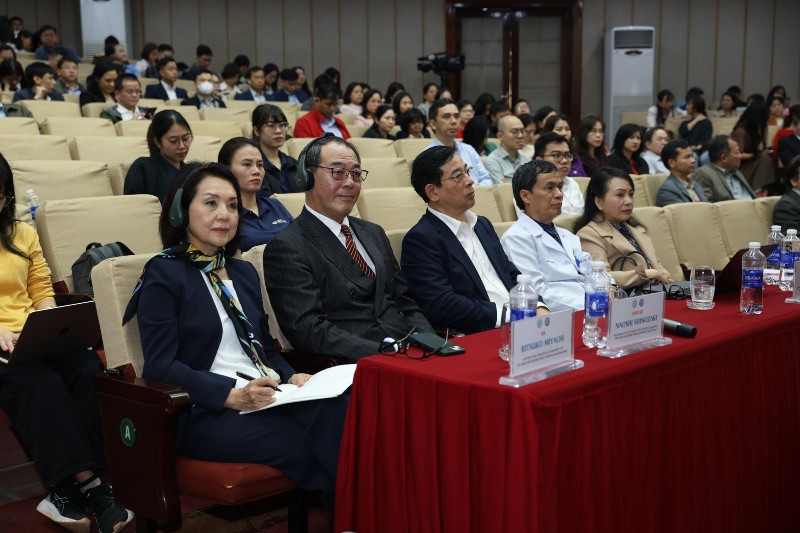 |
| Delegates attending the Workshop. Photo: Tran Minh |
At the workshop, Ms. Nguyen Thi Kim Tien, former Minister of Health , currently President of the Vietnam Association for Organ and Tissue Donation, shared encouraging achievements in the field of organ donation in Vietnam. In 2024, Vietnam reached an important milestone with 41 organ donations from brain-dead people, the highest number ever.
In particular, complex transplants such as tracheal transplant and the first simultaneous heart-liver transplant in Vietnam from brain-dead donors have been successfully performed. Many organ donation consulting units in private hospitals have also been established, showing the strong development of the organ and tissue donation movement in the country.
However, according to Ms. Tien, people's awareness of organ donation registration is still limited, and the number of organ donors is low compared to other countries.
Part of the reason is that communication and mobilization work is not really effective, with direct or online organ donation registration methods still not easily accessible to the majority of people.
In addition, the information technology system in managing organ donation registration and coordinating organ transplants is still limited, along with difficulties in establishing technical standards and prices for organ donation and transplantation activities.
One of the solutions proposed by Ms. Tien and experts is the need to improve communication, not only through the press but also by making strong use of social media platforms. Helping people to properly perceive the humanistic value of organ donation is extremely important.
“We must eliminate misconceptions such as 'death must be complete' and simplify the organ donation registration process,” Ms. Tien emphasized.
In addition, Ms. Tien also proposed amending a number of legal regulations to make it easier to donate organs after brain death, protecting the rights of donors and their families. Along with that, policies to support the costs of organ donation and transplantation, as well as honoring families with relatives who donate organs, should also be considered.
Speaking at the workshop, Deputy Minister of Health Tran Van Thuan said that applying the organ donation consulting model from developed countries is very necessary. The consulting team must be well-trained, have reasonable remuneration, and become an important part of the health system.
“Organ donation consultation is an indispensable part of the development of healthcare, helping the patient's family understand the humane meaning of this action,” said Mr. Thuan.
The Deputy Minister also emphasized that the Ministry of Health will study and propose mechanisms and policies to have appropriate remuneration for the organ and tissue donation consulting team. At the same time, communication work needs to be diversified, taking advantage of digital technology platforms and social networks, coordinating with religious organizations and unions to create a strong spread in society.
Hospitals are places that have direct access to patients and their families, so Director of Viet Duc Hospital, Mr. Duong Duc Hung, emphasized the role of hospitals in promoting organ donation.
He shared that the Hospital has built a network of organ donation campaign staff from dedicated people, working at any time, including holidays and Tet.
The network has more than 100 members and is always ready to help any family with a loved one who is able to donate organs. The hospital also focuses on communication through social media and the press to create understanding and support in the community.
Speaking more about the effectiveness of organ transplant communication work, Director of the National Organ Coordination Center, Mr. Dong Van He, added that in just the first two months of 2025, Vietnam had 16 organ donations from brain-dead people, an unprecedented number. However, he also noted that there is still a lack of clear emergency criteria, leading to a lack of control in organ donation, especially in urgent situations.
One of the important solutions is to build a network of hospitals to share information and experience on organ donation and transplantation. At the same time, Vietnam needs to strengthen international cooperation to learn from countries with developed organ donation systems, thereby building specialized training programs on organ donation counseling.
Although Vietnam still faces many challenges in increasing the rate of organ donation from brain-dead people, the tireless efforts of authorities, social organizations, and hospitals are gradually changing public awareness on this issue.
With the development of science and technology and policy improvements, it is hoped that in the near future, Vietnam will become one of the pioneering countries in the field of organ donation and transplantation in Southeast Asia and the world.
The great lesson from organ donors and their families is the humane act of saving the lives of patients waiting for a chance to live, creating a bright future for patients with organ failure.
Source: https://baodautu.vn/truyen-thong-manh-me-de-thay-doi-nhan-thuc-ve-hien-tang-d251082.html




![[Photo] Prime Minister Pham Minh Chinh and United Nations Secretary-General Antonio Guterres attend the Press Conference of the Hanoi Convention Signing Ceremony](https://vphoto.vietnam.vn/thumb/1200x675/vietnam/resource/IMAGE/2025/10/25/1761391413866_conguoctt-jpg.webp)

![[Photo] Prime Minister Pham Minh Chinh receives United Nations Secretary-General Antonio Guterres](https://vphoto.vietnam.vn/thumb/1200x675/vietnam/resource/IMAGE/2025/10/25/1761390212729_dsc-1484-jpg.webp)
![[Photo] National Assembly Chairman Tran Thanh Man receives United Nations Secretary-General Antonio Guterres](https://vphoto.vietnam.vn/thumb/1200x675/vietnam/resource/IMAGE/2025/10/25/1761390815792_ctqh-jpg.webp)




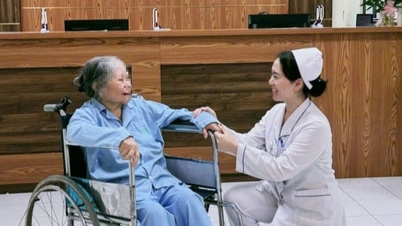

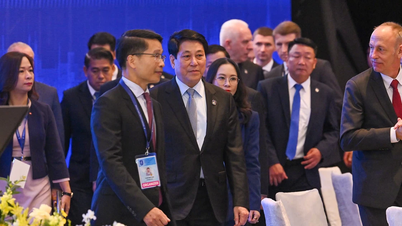

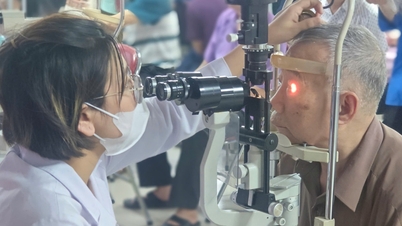

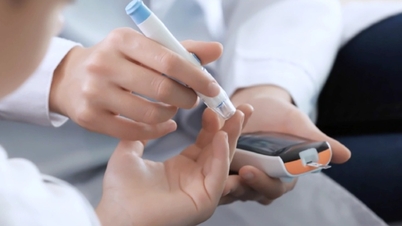











![[Photo] General Secretary To Lam meets with General Secretary and President of Laos Thongloun Sisoulith](https://vphoto.vietnam.vn/thumb/1200x675/vietnam/resource/IMAGE/2025/10/25/1761380913135_a1-bnd-4751-1374-7632-jpg.webp)



































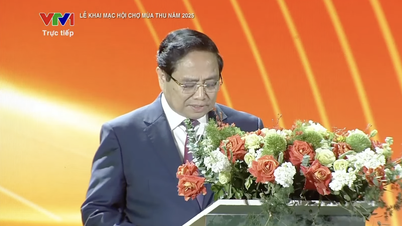






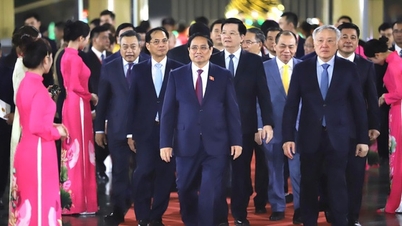
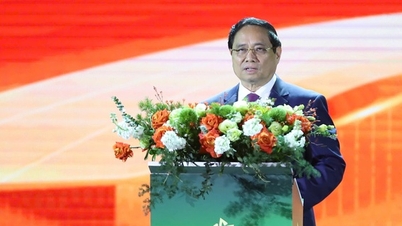
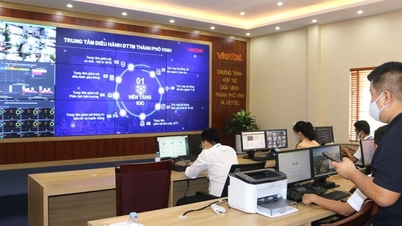

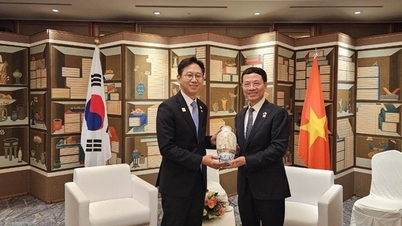
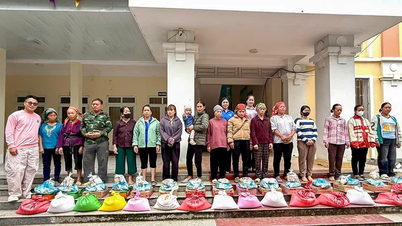



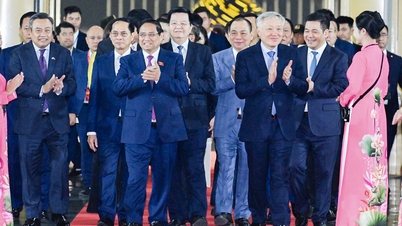



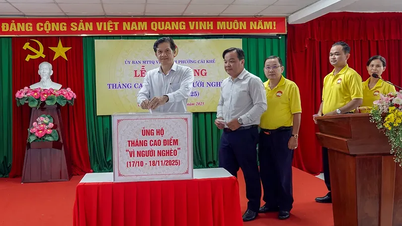

















Comment (0)